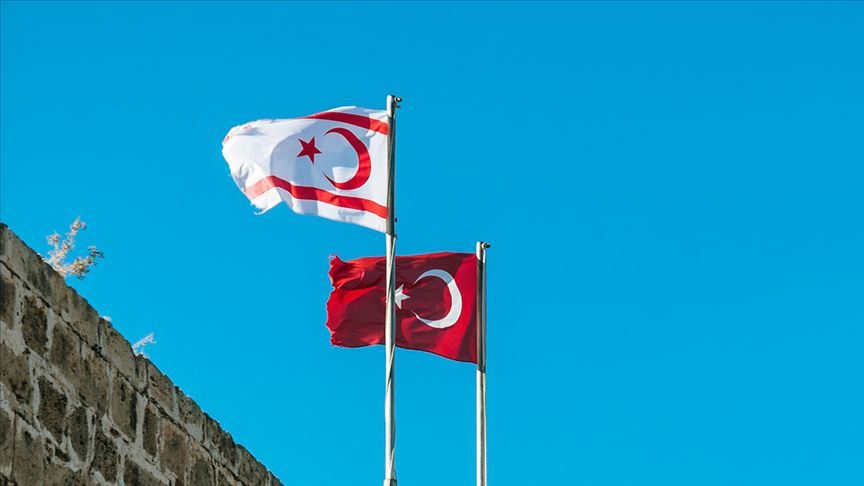A scandal over fraudulent degrees in the Turkish Republic of Northern Cyprus (KKTC) has led to the arrest of several people, including a Turkish state broadcaster correspondent, the Diken news website reported.
Authorities have arrested TRT correspondent Sefa Karahasan and other key figures.
According to the Turkish Cypriot police, Karahasan said he could have obtained a diploma in just one day if he had wanted to.
His arrest followed statements implicating him and Serdal Gündüz, the vice chancellor and secretary-general of the Cyprus University of Health and Social Sciences (KSTÜ), in dispensing fraudulent diplomas. Gündüz, who is already in custody, is said to have issued over 600 such documents.
The investigation began at KSTÜ, which is owned by Levent Uysal, a Turkish lawmaker and a member of the Turkish far-right Nationalist Movement Party (MHP), an ally of Turkey’s ruling Justice and Development Party (AKP).
The investigation initially focused on the acquisition of fake diplomas in exchange for money but has since been expanded to include suspicions of people smuggling.
The list of arrests includes former ministers, high-ranking police and military officers and key university officials, revealing a deep-rooted corruption network in the country’s higher education system.
Among those arrested are Dr. Turgay Avcı and his deputy, Dr. Mehmet Hasgüler, who were members of the KKTC’s Higher Education Planning, Supervision and Accreditation Board (YÖDAK). Both were accused of accepting bribes during the accreditation of a new medical faculty, which they denied.
The scandal extends to 36 universities in northern Cyprus, of which 23 are actively operating and 12 are awaiting preliminary approval. This growth in educational institutions in the country has not only contributed to the proliferation of diplomas but also to a significant influx of international students, further complicating oversight and regulation.
Reactions to the scandal have been mixed. KKTC Prime Minister Ünal Üstel is reported to have had a confidential meeting with the chief prosecutor, raising concerns about possible coverup attempts, although his office has described this as a routine meeting.
Meanwhile, KKTC President Ersin Tatar has proposed a “repentance scheme” that would pardon individuals who have obtained but not used forged diplomas. This proposal has been harshly criticized by legal circles who see it as a possible whitewash of ongoing criminal activities.

